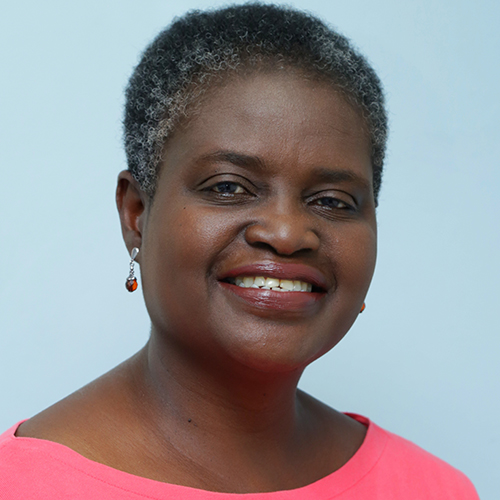Belize announced at the recent World Ocean Summit held in Mexico in March that it will expand its no-take areas from three percent to more than 10 percent by the end of 2018.
The no-take zones are a kind of marine protected area set aside by government to prevent fishing or mining activities in the designated area, so as to rebuild fish populations and help protect critical marine habitats, according to Belize Fisheries Administrator Beverly Wade.
“We are a country dependent on our seas for jobs, income, and food. We are taking this step because the culture and health of our communities are intricately tied to healthy reefs and fisheries,” Wade said.
The expansion of the no-take zones builds on the success of Belize's innovative managed access fisheries program implemented in 2016, which gave fishers and fishing communities control over specific geographic areas for fishing, known as Territorial Use Right for Fishing (TURF), as well as responsibility for helping to manage those areas and observing regulations to ensure sustainability, Wade said. The no-take areas will be managed under that arrangement.
“These expanded no-take zones combined with sustainable fishing are essential for achieving Belize’s objectives for environmental conservation and biodiversity while providing a source of healthy nutrition and food security, and jobs in some of our most vulnerable communities,” said Wade.
Amanda Leland, the Environmental Defense Fund's senior vice president for oceans, praised Belize’s decision.
“Belize continues to show the world the way forward. With secure fishing rights already established nationwide, expansion of these no-take zones shows how sustainable fishing and protected areas can work together to create healthy reefs and growing fish populations that will provide long-term benefits for the people who depend on them,” Leland said.
The announced expansion will also help Belize to protect the world's second largest barrier reef, home to more than 500 species of fish, while ensuing its resources help meet sustainable development goals, EDF Director Larry Epstein said.
“These remarkable efforts in Belize have already demonstrated reductions in illegal fishing, models of community-based co-management of fisheries, and improvements in the health of its valuable coral reef ecosystem,” Epstein said. “Those looking to invest in countries committed to sustainable fishing reforms should take note.”
Photo courtesy of Wildlife Conservation Society






